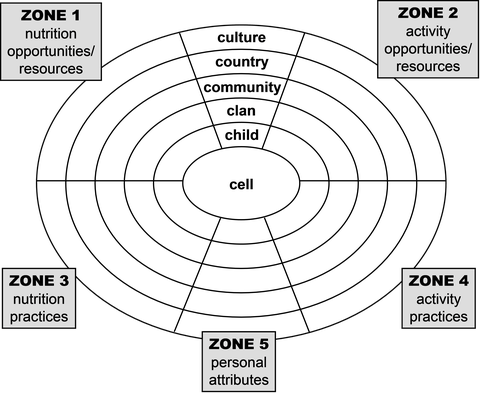Overview

The purpose of this study was to develop a knowledge base regarding child care environments and provider-feeding practices that can guide Head Start and child care settings in the development of strategies designed to combat the childhood obesity epidemic. Attendance in child care is an established risk factor for childhood obesity. However, the causes contributing to this risk are not fully understood. Since 8.6 million preschool children attend child care, consume up to five meals and snacks per day, and spend the majority of their waking hours in such settings, Head Start and child care environments can be a major force in shaping children’s dietary intake, feeding behaviors, and energy balance. Most obesity-prevention efforts are focused on schools; however, given that 25% of preschool children (ages 2 to 5 years) are already overweight, intervening before school entry should be a priority. Therefore, Head Start and child care settings offer untapped opportunities to combat the childhood obesity epidemic. Specific research questions included:
- Which risk factors in the Six Cs Ecological Model, as computed by a cumulative risk index, are predictive of preschool children’s increased obesity risk?
- Are feeding practices by teachers during mealtimes supportive of children’s internal cues of hunger and satiety necessary for self-regulation of energy intake and thereby obesity prevention?
- What are the factors that influence Head Start teachers and child care providers' feeding practices and verbal communication during mealtimes?
- What are Head Start and child care administrators' perceptions of current nutrition standards for early care and education programs, as well as motivators, facilitators, and perceived barriers for inclusion of nutrition activities based on current standards within their programs?
A clear outcome of the study was identification of key determinants of childhood obesity existing at different ecological levels (cell, child, clan, community, country, and culture) within the Six Cs model. The proposed multi-level, collaborative, and bottom-up approach to data collection provided Head Start and child care policy makers and program developers with meaningful directions and implications for future interventions and policy development that address childhood obesity.
Research Team
- Brent McBride, Ph.D., Principal Investigator, Director, Child Development Laboratory, Human Development and Family Studies
- Dipti Dev, PhD, Doctoral Candidate, Nutritional Sciences
Contact:
Brent McBride
217-333-0971; brentmcb@illinois.edu
Funding
- Illinois Transdiciplinary Obesity Prevention Program (I-TOPP) Seed Grant, 2011
- Head Start Graduate Student Research Grant from U.S. Department of Health and Human Services: Administration for Children and Families (ACF), 2011